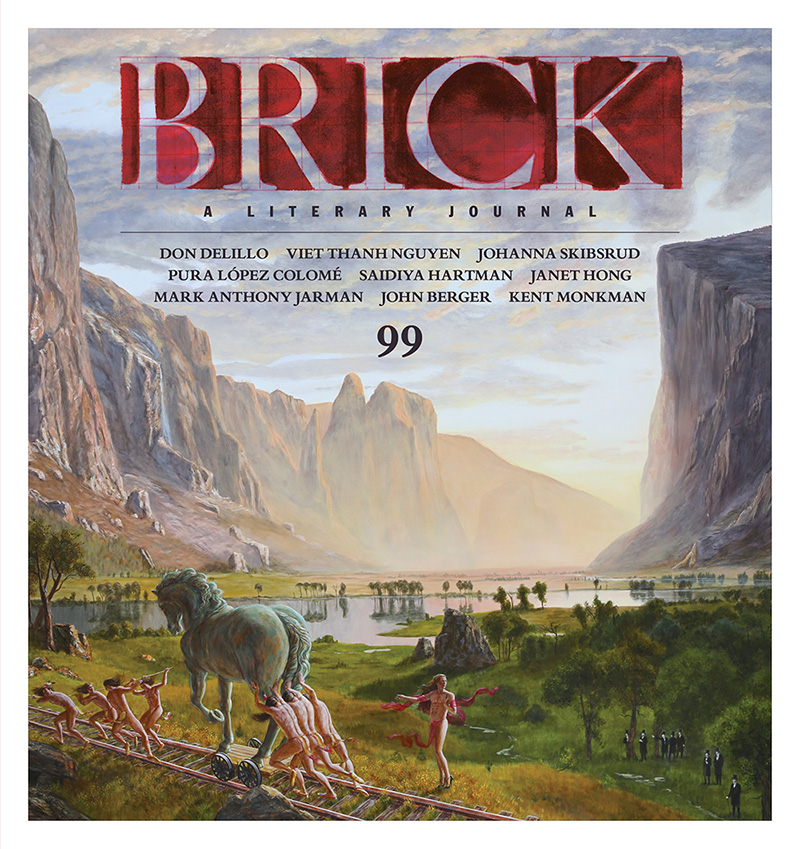Jim’s mission, the purpose of his pilgrimage, was to find the lost poems of Antonio Machado. Jim revered Machado’s poetry. When the Spanish Civil War erupted, Machado was living in Madrid where he was a professor of French literature. He and his ailing mother were evacuated, along with his brother and sister-in-law, first from Madrid to Valencia, then to Barcelona, and finally, as Franco’s falangistas closed in on the last Republican strongholds, to France. Refugees were transported by train to the border. They disembarked in Spain by the thousands. You can see the hydra-head of small-gauge track converging on the outskirts of Portbou as the N-260 snakes its way between the two countries.
Machado’s journey into exile was different. The finest account I have found for this—and the one I’m sure Jim drew upon—appears in Willis Barnstone’s introduction to his masterful translations in Border of a Dream: Selected Poems, published by Copper Canyon Press the year before our trip.
Barnstone acknowledges that there are conflicting accounts of Machado’s journey from Spain to France. What is not in dispute is that Machado was travelling with his mother, his brother and his brother’s wife in the company of eighteen or twenty well-known Spanish intellectuals. Barnstone:
On a slow, painful trip they reached Cerviá de Ter, ten kilometers north of Gerona, where they remained until the 26th (of January, 1939), exhausted, with little food, sleeping on a winter floor. It was in leaving Cerviá that Antonio was obliged to leave behind most of their luggage, including the suitcase that contained his unpublished writings of the last years… On January 27, in the rain they boarded a military truck-ambulance and headed for the French border.
Juan Roura-Parella, one of the passengers, related that “in the cold and rain of that January evening, he witnessed the noblest action he remembered in his life”:
There was scarcely room for all the passengers in the vehicle. Again personal belongings had to be left behind. When all were boarding, Machado insisted on being the last to find a seat. While his friends and relatives urged him to take a place, he remained in the patio and then insisted on being the last to enter the ambulance, saying, “Yo tengo tiempo, yo tengo tiempo”; I have time, I have time.
Barnstone continues the narrative:
At Cerviá de Ter each passenger had been allowed to take only one small travelling bag. There are conflicting reports about how Antonio Machado lost his luggage and arrived only with the rain-soaked suit on his back in Collioure… But it is almost certain that his suitcases were taken from him by soldiers… At the French crossing, despite his sickness, Machado tried in vain to find his luggage and was profoundly depressed at their loss. It is thought that among these lost papers in one suitcase was a songbook to Guiomar, which may have been part of a larger manuscript of recent poems. We do not know what writings were in the luggage, and there is little hope that the bags will turn up on some Spanish farm.
Jim was profoundly affected by this story and was committed, however quixotic to the notion, to finding “the lost valise” of Machado’s poems. He was obsessed. The image of Machado in a truck, his frail and sickly mother sitting on his lap, “her fine white hair stuck to her temples by the rain that slid down her beautiful face,” haunted him.
We checked into La Casa Païral, a beautiful hotel the wine importer Kermit Lynch had recommended. I had arranged for Jim to be given a room on the second floor with a small balcony from which he could look at the house where Machado lived the last month of his life with his mother. We left our bags unpacked. Harrison needed to see Machado’s grave.
We entered Collioure’s small cemetery from a side street. The sky was grey, a chill in the air. A light wind sent dead leaves skittering along the gravel paths, seeming to echo the staccato clicking of cicadas. Under a bower of cedars, the air filled with the plaintive cry of mourning doves, we found Machado’s grave. We stood for a few minutes, looking at the tributes people had left: poems written by school children, Spanish flags, hundreds of pebbles, flowers, pine cones, a horseshoe. Harrison walked closer and examined them intently. We read the last stanza of “Retrato” (Portrait) engraved on the slab of granite that covers Machado’s grave.
Y cuando llegue el día del último viaje,
y esté al partir la nave que nunca ha de tornar,
me encontraréis a bordo ligero de equipaje
casi desnudo, como los hijos de la mar.
And when the day for my final voyage arrives,
and the ship, never to return, is set to leave,
you will find me on board, light on supplies,
and almost naked like the children of the sea.
Then Jim found a bench, sat down, and lit a cigarette.
Peter Lewis and Jim Harrison were friends for forty years. Lewis owned Campagne and Café Campagne in Seattle, has written articles for Pacific Northwest Magazine and Arcade, was a contributing editor at Virtuoso Travel & Life, and published Dead in the Dregs, a wine murder mystery in 2010. “Machado” is excerpted from Travels with Jimmy, an unpublished memoir of their friendship.
